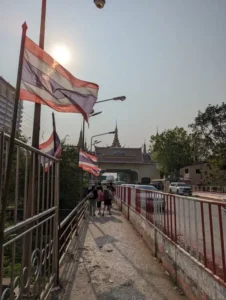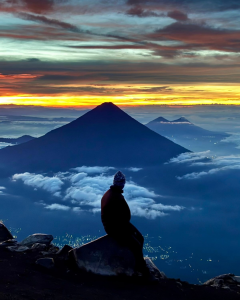Your basket is currently empty!
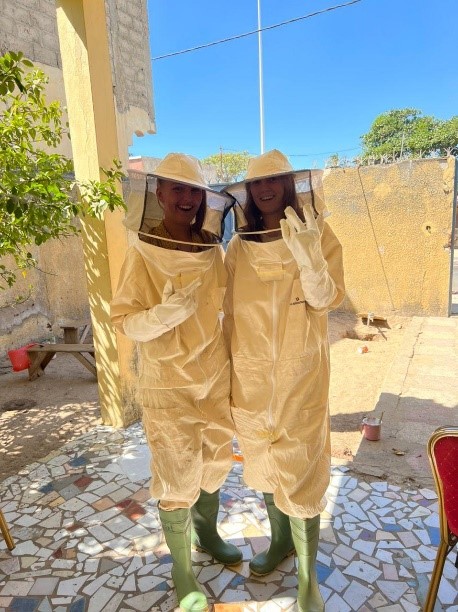
Q&A with Lily and Nell, Senegal 2022/23
Lily Barnett and Nell Andrews, who are currently halfway through their year in Joal, Senegal, talk to us about their daily life, their involvement with the local environmental organisation AGIRE, and how their Project Trust experience has had them thinking about the injustices surrounding Climate Change.
1. Could you tell us a bit about your experience so far? help us to imagine your day to day?

Day to day doesn’t really exist for our project. Out here in Joal, Senegal, we are always meeting new people every day and with that comes spontaneous new projects.
For example, teaching girls how to swim, painting someone’s restaurant, and joining a local environment organization. We found this to be one of the most rewarding, and yet most tiring, part of our project trust experience so far.
2. How did the environmental project come about?
One day, walking back from school we found a nicely decorated building. It had a beautiful mural on the outside and we could see plastic bottles built into its walls. Interested, we just sort of walked in to find a man, who we now know as Samba, spray painting a load of bins. We asked if we could help and spent the next couple of hours constructing and decorating these bins. This was the first project we got involved in with AGIRE, Joal’s local environmental organisation. They were making bins so that people had a place to throw their rubbish as opposed to just on the streets. We asked if we could volunteer there and now we find ourselves teaching the AGIRE team English once a week.
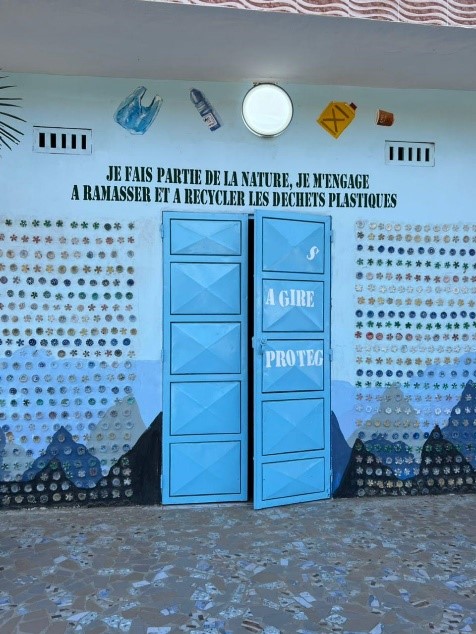
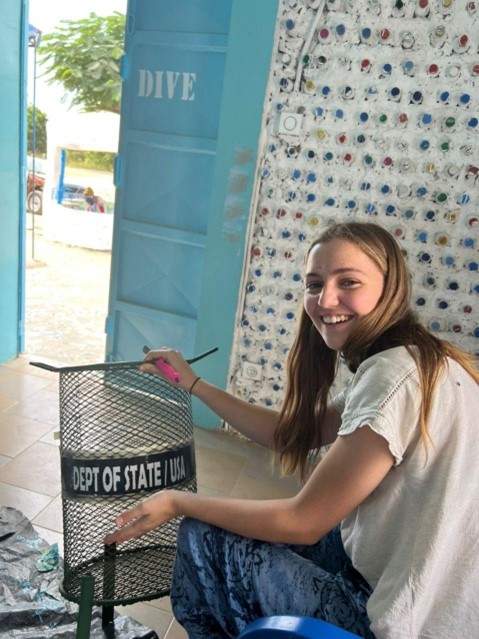
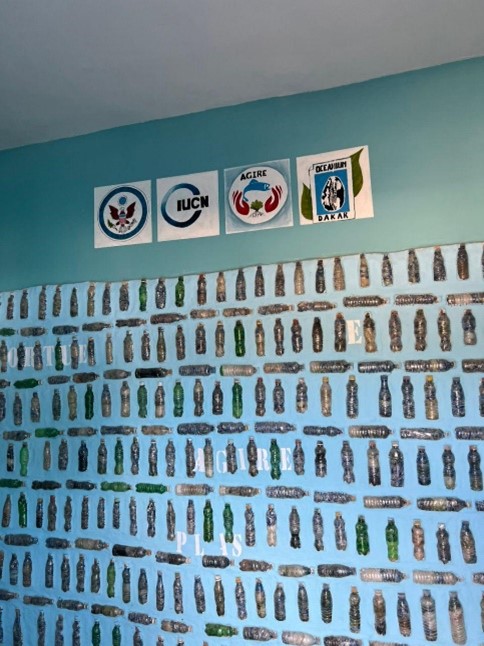
3. On the theme of Earth Day, how has your time living and working in Senegal impacted your views on Climate Change and the need to protect the Environment?
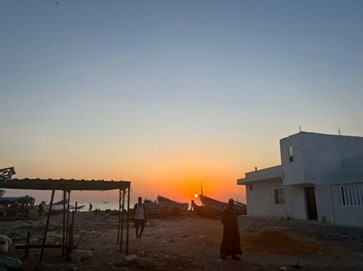
I think living and working in a country like Senegal has made us more greatly appreciate the complexity of the green transition for developing economies. Living in a developing country on a local wage, you get a greater appreciation for the luxury that it is to have the means to make green decisions. Here plastic is an inevitability, all vehicles run on petrol and most of our energy comes from fossil fuels.
Yet, simultaneously we find ourselves living much lower carbon lives. We live without running water, eat seasonal foods and use very limited electricity. This simultaneously hits home the injustice of climate change. Senegal produces a fraction of the emissions that the UK does yet faces huge consequences such as major sea level rise expected to be greater in West Africa than on average and a decrease in rainfall leading to drought and food insecurity. It’s realising that it’s ordinary people in our community who will have to deal with a lot of these problems that really hits home.
Related Posts
-

Our Christmas Campaign
A huge thank you to everyone who entered our Christmas Raffle this year. Your generosity and support have helped us…

